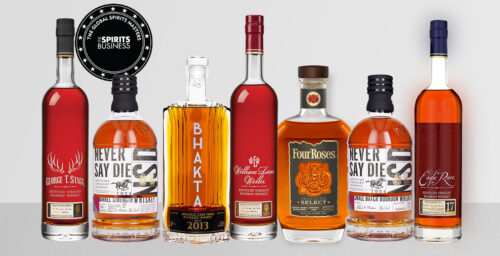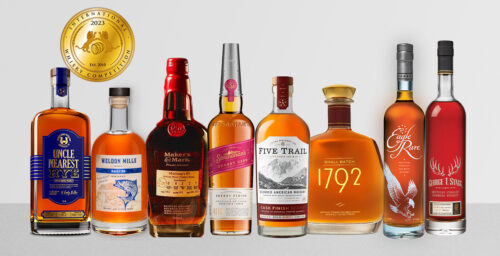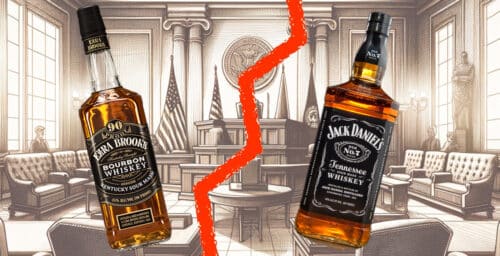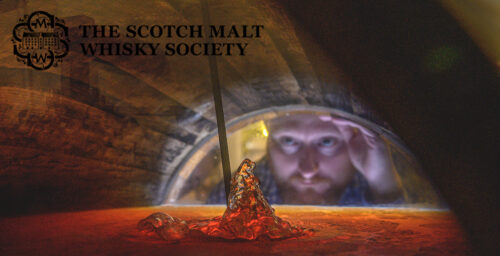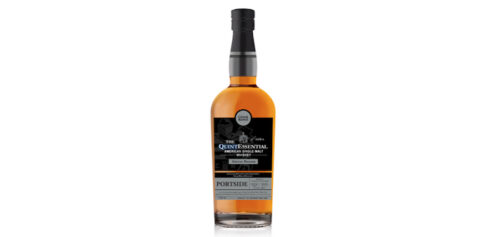No matter what you may have seen on the Discovery Channel, home distilling in the United States remains very much illegal. But why is that? Making beer and wine at home for personal consumption is perfectly within the bounds of the law – why not booze?
First, here’s what the law says now. It’s perfectly legal to own a still, and you can even use it, as long as you’re not making alcohol – so, you can make essential oils without a permit, or perfume, or distilled water.
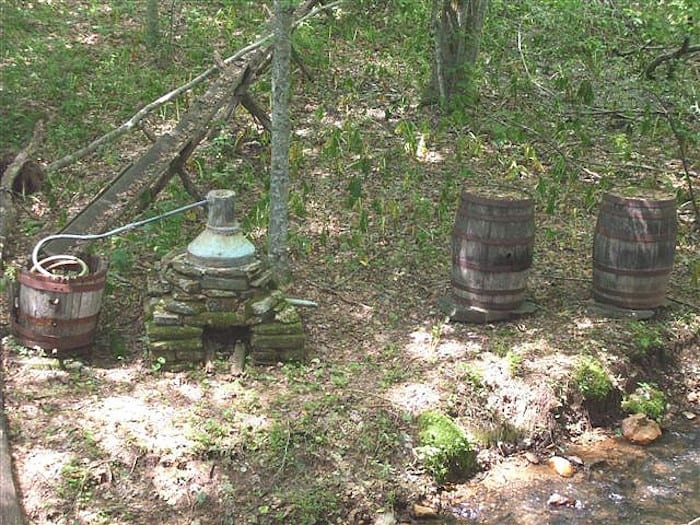
Making ethanol for fuel use at home is also legal, provided you obtain a permit from the TTB. Home fuel permits are reportedly not difficult to get, but TTB agents are allowed to visit your production area to make sure you’re not drinking the stuff.
Making alcohol for drinking, however, is a whole different beast. According to federal law, making beverage alcohol at home is illegal, plain and simple. Why is that?
The government cites several reasons for keeping distilling illegal. First, it can be dangerous. Distilleries bring two materials into close proximity – alcohol vapor and heat sources – that can cause disastrous explosions when not managed correctly.
In most states (including Oregon, where I live) getting a distilled spirits plant permit (often called a DSP) is challenging, and requires significant investment in infrastructure like sprinklers, ventilation, and other systems to keep production staff and visitors safe.
Also, some home distillers are tempted to make their own equipment, and that can be a misstep. Not all metals are rated for food-grade alcohol contact, and some can leach heavy metals and lead into the resulting spirit – not the kind of buzz most people are looking for.
Cynically, there’s another reason: Federal excise taxes. Distilled spirits like whiskey are taxed at the highest rate of any alcohol, far more than either beer or wine. (Actually, a tax on spirits as the very first tax ever levied in the United States.) Let people make whiskey at home, and the government might end up with a serious financial hangover.



